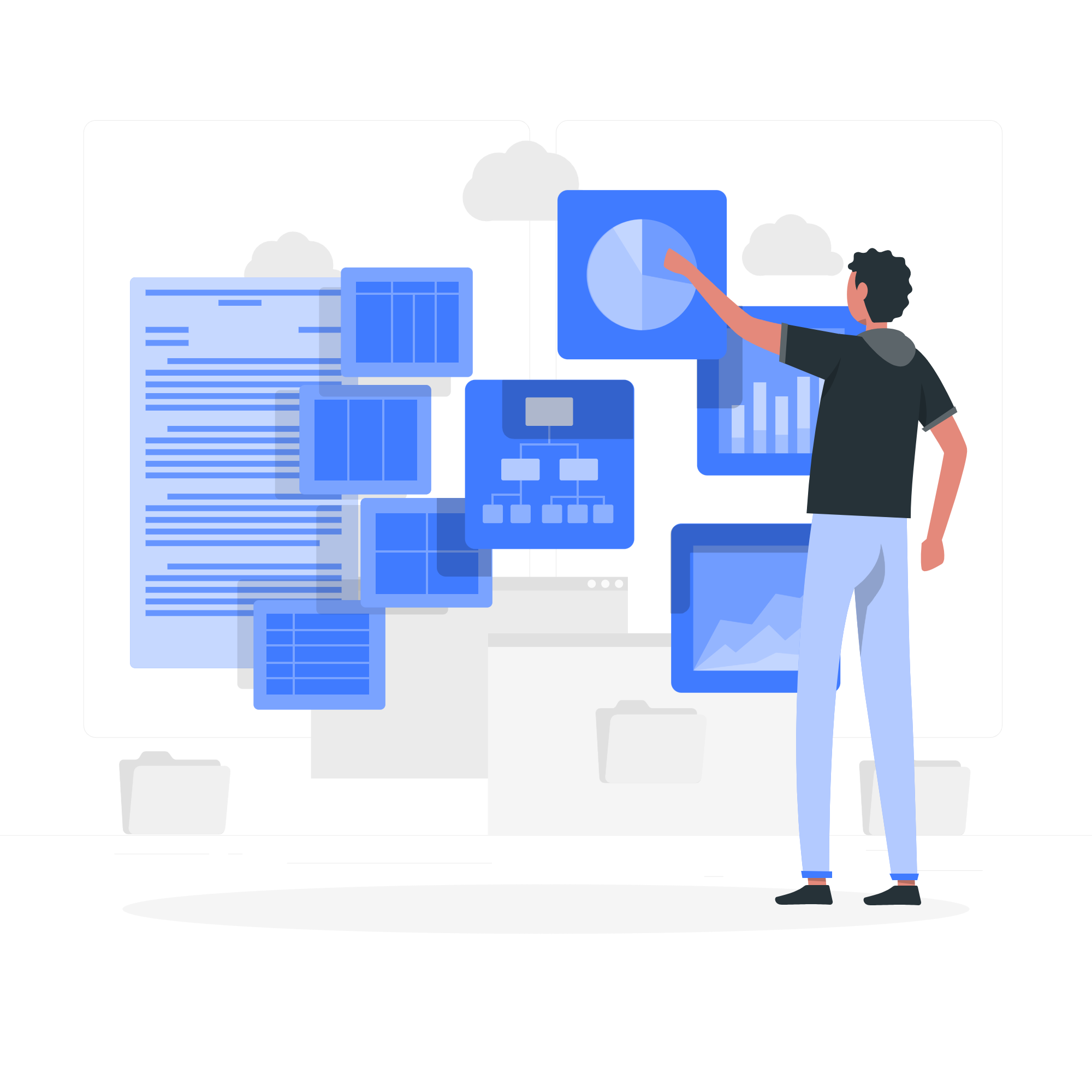In a recent development that has sent ripples through the tech world, Microsoft has acquired Inflection AI, a promising artificial intelligence startup. The acquisition comes after Inflection AI raised $1.3 billion in funding, signalling Microsoft’s serious commitment to advancing its AI capabilities. This significant development in the AI industry highlights the growing importance of artificial intelligence and the race among tech companies to dominate this space.
Inflection AI’s co-founders will now lead a new AI division within Microsoft, bringing their expertise and vision to the tech giant. This move underscores AI’s increasing importance in the industry and the ongoing competition among major tech players to gain an edge in this rapidly evolving field.
The key players in this story are the co-founders of Inflection: Mustafa Suleyman, a well-known figure in the AI field who previously co-founded DeepMind (later acquired by Google), and Karén Simonyan.
Here’s how the partnership unfolded:
- Microsoft Invests in Inflection’s Vision: Last year, Microsoft invested substantially in Inflection, a sign of belief in the company’s goal of creating “more personalized AI.”
- Inflection’s Talent Attracts Microsoft: Microsoft recognized the expertise of Inflection’s team, particularly Suleyman’s leadership.
- Microsoft Creates New AI Division: Microsoft created a new division called Microsoft AI to spearhead its consumer AI efforts.
- Inflection Founders Lead the Charge: Suleyman was appointed CEO of Microsoft AI, bringing his experience to the table. Simonyan joined Microsoft as the chief scientist for the new division.
The story began with much promise. Inflection’s vision of “more personalized AI” attracted significant investment, with Microsoft taking the lead role. However, things took an unexpected turn. Instead of remaining an independent entity, Microsoft wooed Inflection’s leadership. Suleyman, who also co-founded DeepMind (later acquired by Google), was offered the chance to spearhead a newly formed consumer AI division at Microsoft called Microsoft AI. Simonyan joined as well, taking on the role of chief scientist within the new unit.
This move combines Inflection’s talent with Microsoft’s AI efforts, such as the Copilot chatbot and the Bing search engine. It signals Microsoft’s ambition to be a significant player in the consumer AI market, currently dominated by Google. The company hopes that uniting Suleyman’s expertise and Inflection’s team with its resources can accelerate its AI development and help it compete more effectively.
Microsoft’s acquisition of Inflection AI raises important questions about the future of AI development, particularly as big tech companies become more involved. As someone interested in AI and machine learning, what do you anticipate will be the implications of this growing corporate influence on the direction and pace of AI innovation?

